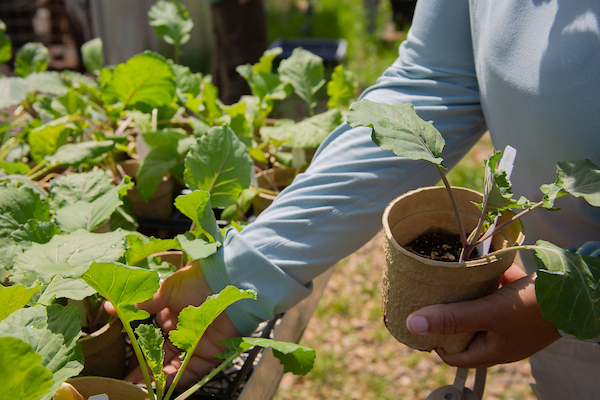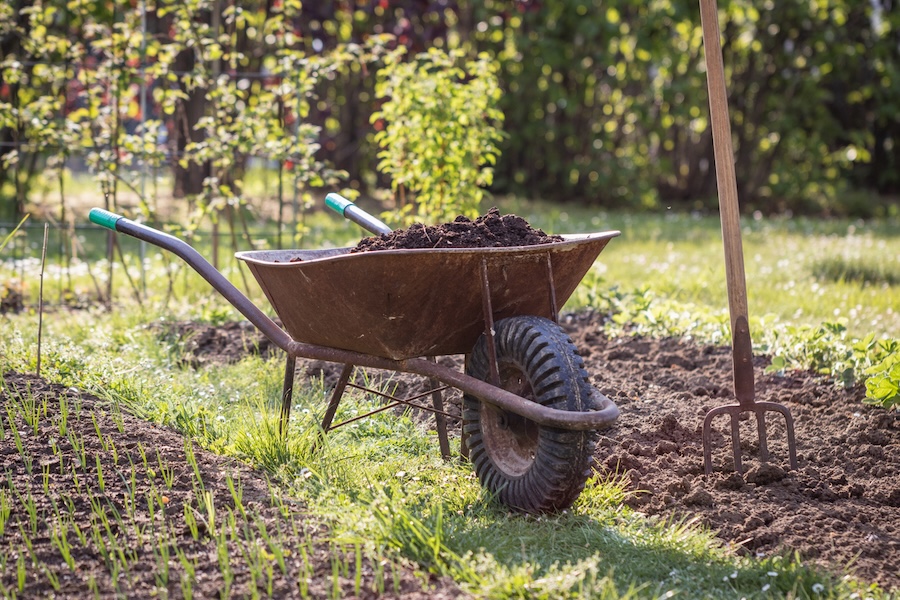 CAES News
CAES News
UGA climatologist answers our burning questions on weather and climate
From peach orchards to porch conversations, weather is always part of the story in the South — and University of Georgia climatologist Pam Knox brings clarity, science and common sense to every weather event. Whether you’re wondering why the seasons feel out of sync, how climate change plays out in your backyard, or what to expect before the next storm, Knox offers answers grounded in decades of research and a deep connection to the land. It’s your forecast with context.





